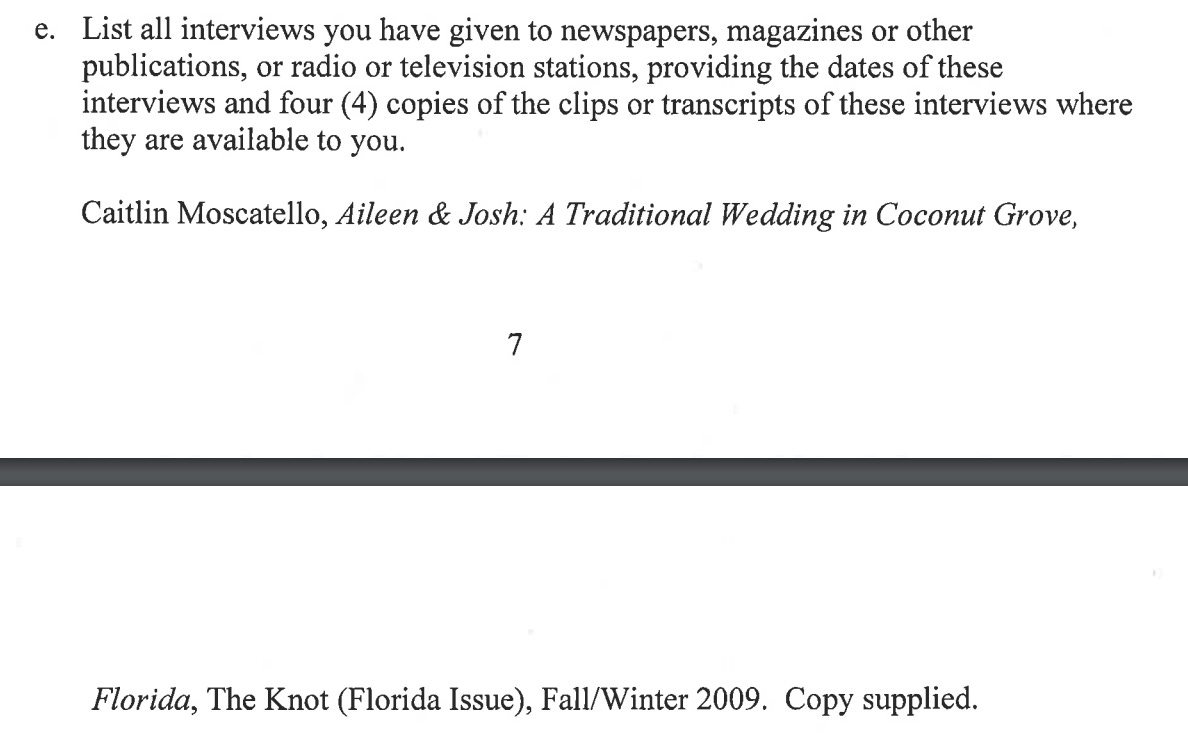The appeals court ruling against Trump also obliterated his district court nominee
And it was written by two Trump-appointed judges
You’ve probably seen by now that a federal appeals court has sided against former President Trump and allowed the government to start looking at its own classified information again. News reports have described the ruling as “strongly worded,” but I don’t think that really gets at it effectively. Antonin Scalia and Ruth Bader Ginsberg used to write “strongly worded” opinions. This reads more like disappointed professors correcting a student who clearly hadn’t been doing the reading or paying attention in class.
Rather than engage in any sophisticated legal reasoning or deep exploration of precedent, the judges here – two appointed by Trump and one appointed by Obama – simply laid out how and why Judge Cannon wasn’t even remotely close to being right in appointing a “special master” to review these documents.
I won’t run through the full 29-page ruling, but here’s a fairly representative moment from it. In order to seize the power needed to appoint a special master, Cannon had to explain how Trump would be irreparably harmed if she didn’t intervene. What she came up with is head-scratching even to non-lawyers like me. The harm to Trump, she argued, is that he might be prosecuted.
On a law school test, you can imagine a professor reading an answer like that and shaking their head. Yes, of course it is harmful to you to be prosecuted. But…well, here’s how the appeals court delicately put it:
The remaining potential injury identified by the district court is “the threat of future prosecution and the serious, often indelible stigma associated therewith.” No doubt the threat of prosecution can weigh heavily on the mind of someone under investigation. But without diminishing the seriousness of that burden, “if the mere threat of prosecution were allowed to constitute irreparable harm . . . every potential defendant could point to the same harm and invoke the equitable powers of the district court.”
Right. Even I can see how silly that reasoning was. Nobody wants to be prosecuted, but the harm of prosecution doesn’t give you extraordinary rights like access to a special master. Can you imagine a defendant telling a judge they can’t show up for a court date because doing so could lead to irreparable harm, namely their own prosecution?
All of this has put a spotlight on Judge Cannon, who was confirmed by the Senate in November after the 2020 election but before the inauguration of the new president or the flipping of the Senate in January. But looking back at the paperwork she submitted to the Judiciary Committee, it looks like the barrel Republicans were working with had been scraped clean by then.
Cannon isn’t insanely unqualified on paper – worked for a big law firm, a good clerkship, spent time as a prosecutor in her 12-year career – but she sure isn’t what you’d call highly qualified. Here are some portions of what she filed with the Senate in response to the standard questionnaire.
Okay, what about any involvement in legal analysis of public policy?
How about speeches? Or Q&As?
Hmm. Maybe you’ve written some stuff? Ah yes, here we go:
Um, those are press releases your law firm wrote that mention you. How about interviews with the press? Maybe you were quoted in an article?
Congratulations! You have a lifetime appointment on the federal bench.






This is good news; the bad news is that this ridiculously unqualified judge was proposed by Trump to cover his behind, just in case, and approved by the Republican-dominated Senate in 2020, soon after the attack on Congress instigated by Trump. And if the Appeals Court decision is, in turn, appealed to the Supreme Court and the Trumpist majority in this court says: Alright! Let's hear this by all means!, the situation is likely to take a new and not precisely great turn.
It is clear that saving democracy requires doing something about the Supreme Court. The question is which legal means can be used to do that and how much those in government are willing to employ them.
And how many presidential-deferent Democratic Senators voted for this judge’s appointment?
Oh wait, 12. Good job there.
(And 13 didn’t bother to vote at all.)